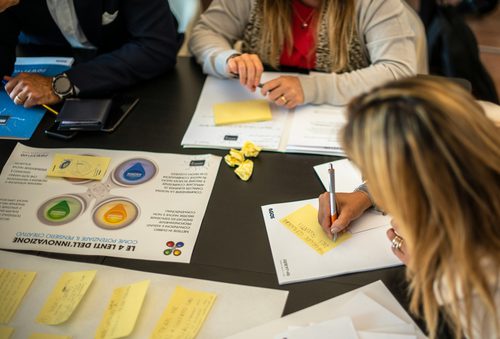Published outputs from this project:
Ensuring better outcomes for children and young people who survive human trafficking is a major and urgent challenge facing the UK.
The evidence base on child trafficking survivors' medium and longer-term trajectories is limited. Most evaluations of support focus on stories of trafficking and needs immediately after identification. Once children and young people move beyond this stage, the spotlight on them recedes. This lack of evidence is restricting the efforts to plan and provide effective services.
A research team from the University of Stirling, in collaboration with Terre Des Hommes and Just Right Scotland, will address this knowledge gap by exploring short, medium and long term experiences of recovery, directly involving children and young people in the UK.
The Scottish Guardianship Service (SGS), established in 2010, has been recognised as a good example of a child-centred, human rights-based practice. The project team will use data from the service to draw on ten years of support and advocacy.
The team will interview survivors who are receiving or have received short, medium and long term support to understand their experience of services, their needs and choices at different stages and what recovery means to them. They will also interview professionals who support survivors, including police officers, guardianship service workers, social workers, educators and foster carers about children and young people's needs at different stages, the support provided and what recovery means to them.
Working with young people, the project will use creative methods to co-produce narratives of recovery from different perspectives. Resources based on these narratives, including animation and case studies, will focus on what helps or hinders children and young people's capacity to thrive at different stages.
A stronger evidence base, with an extended timeframe, will better inform policy and provision of services. Guided by the insights of young people, study findings will address the longer-term nature of support, recovery and outcomes on the journey to thriving after the trafficking experience.
This project was funded by the Arts and Humanities Research Council as part of the Modern Slavery PEC call for research on Victim and Survivor Recovery
Project team: Dr Maggie Grant, Dr Paul Rigby, Dr Maria Fotopoulou, Prof Margaret Malloch, University of Stirling




